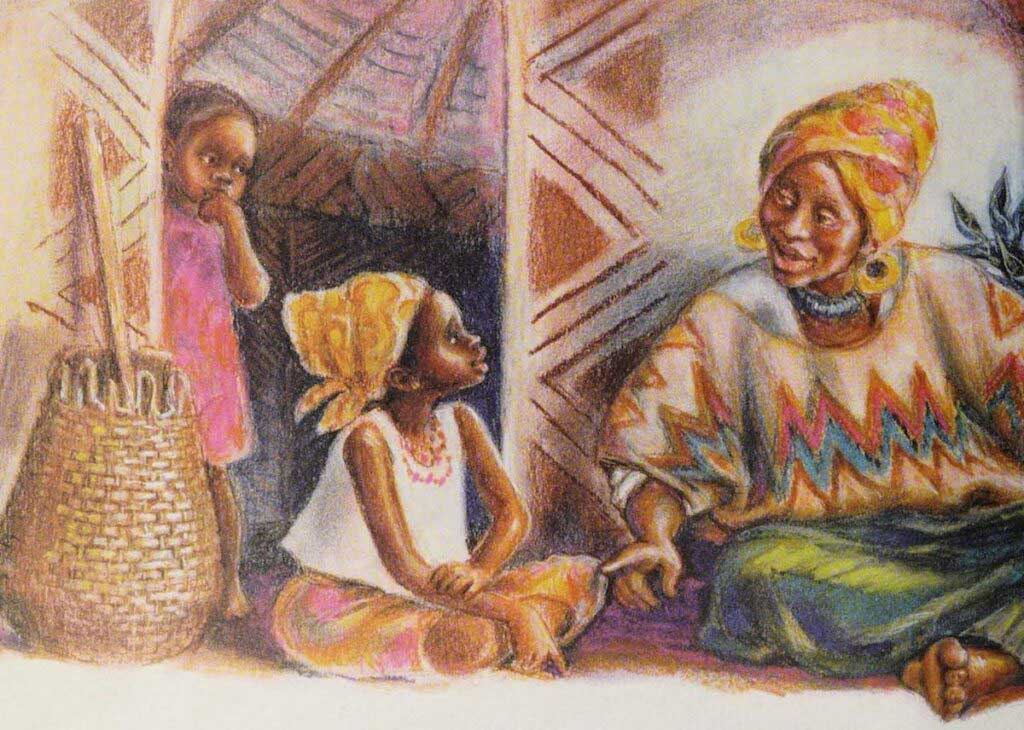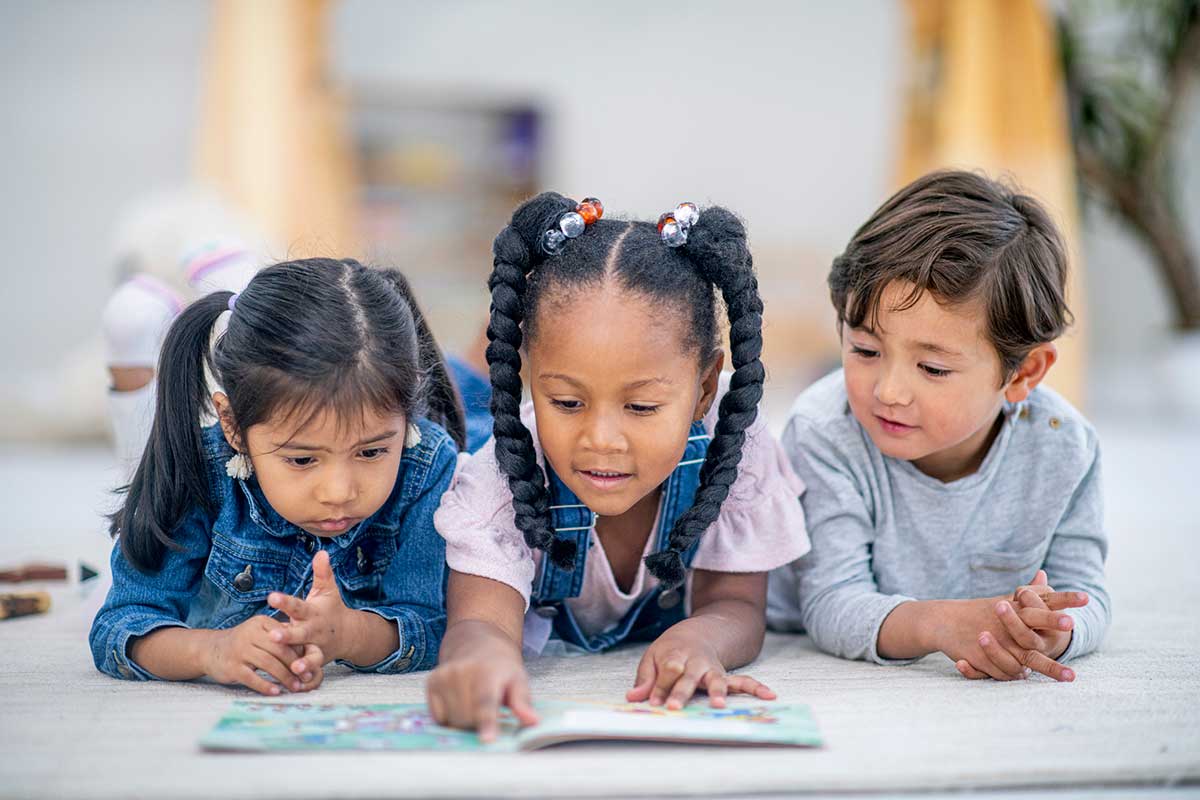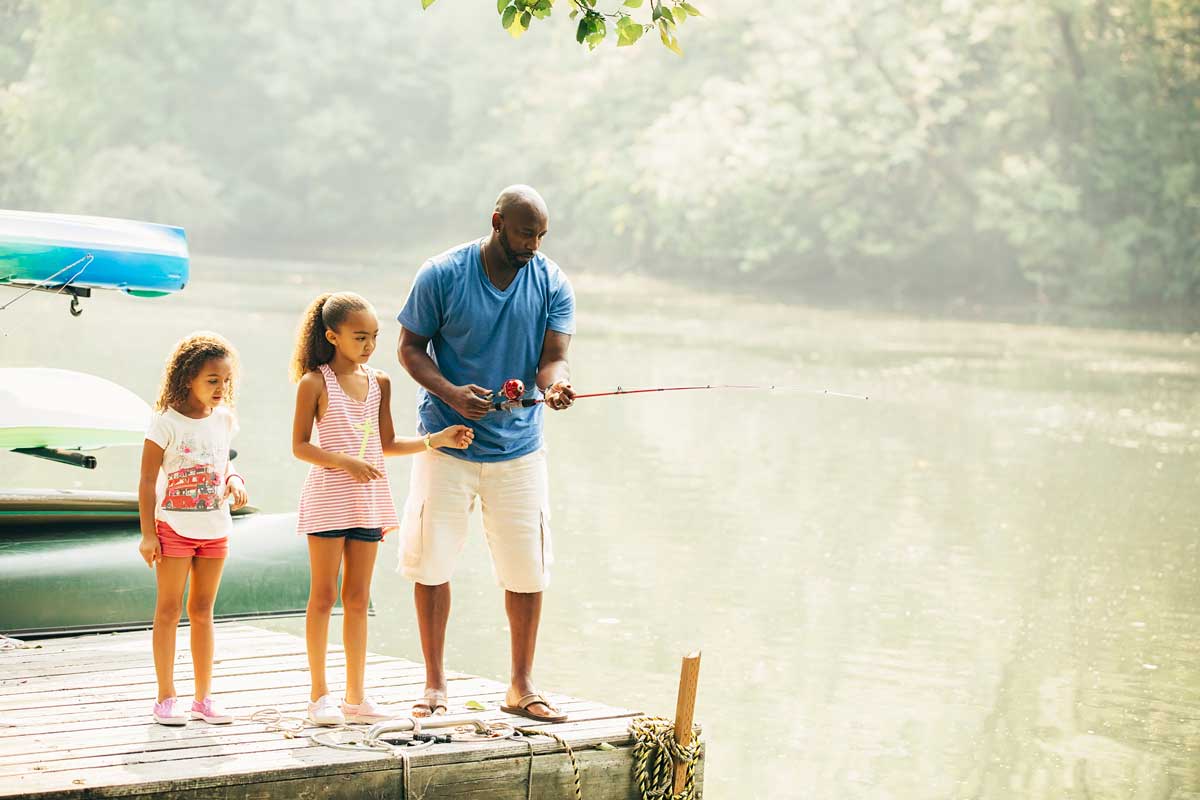Over the course of this newsletter, I’ve written a few book-related posts. Sometimes I made a considerable effort to connect the books together. Like in this post, where I talk about the parallels between Claudia Goldin and Emily Ratajkowski. Or this one, which covers books on fertility and parenting from various perspectives.
In today’s post, I will make no such claim. Below, I’m recommending (very briefly!) several books that I think will resonate with this audience. They are all completely different. Hopefully at least one will work for you…
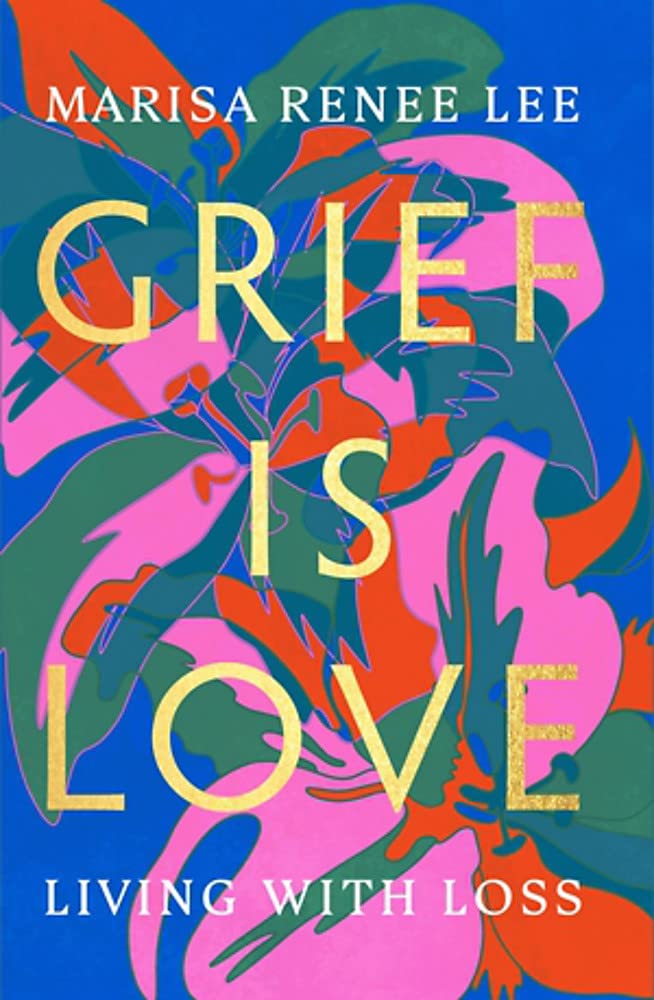
Grief Is Love
Marisa Renee Lee
I read this book four pages at a time; the emotions were too intense for more, and I was often afraid of crying through my Zoom-ready makeup. More than anything else I read after my mom died, this book helped me think about and understand the grief. It’s constructive. It gave me more permission to grieve. It helped me remember.
If you lose someone and I know you, you’ll get this book from me. And if I don’t know you, you should get it for yourself.
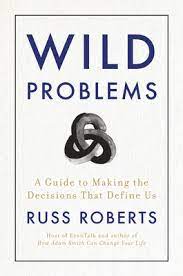
Wild Problems
Russ Roberts
Russ Roberts is an economist — someone, like me, who loves data. This is, however, a book about how many of our most important life choices are not amenable to data. He motivates with the famous example of Charles Darwin making a list of reasons to marry or not (spoiler alert: Darwin gets married, despite most of the list being pretty negative). The reality is that that question, for Darwin or anyone else, isn’t usually going to be answered by a weighing of costs and benefits. It’s a “wild problem,” in Roberts’s words, one that must be approached differently.
The book is a meditation on these problems, where they arise, and maybe how to approach them. It’s not a how-to book, since the whole point is that these are not “how to” situations. But for the many people who ask me, “Should I have a third child?” — that’s a wild problem, and this book might help you consider it.
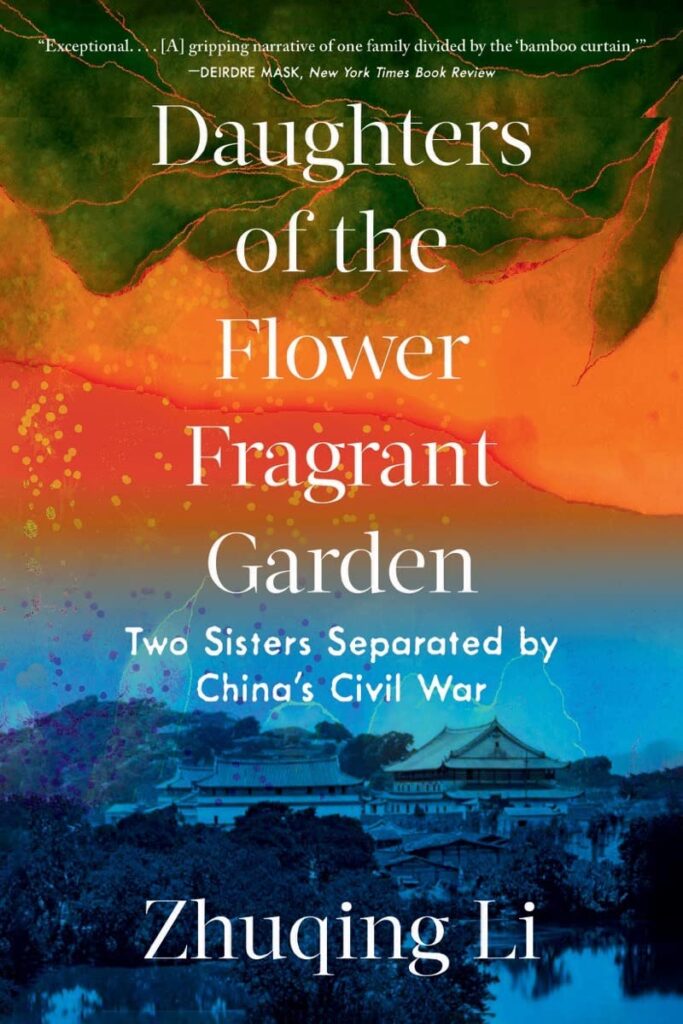
Daughters of the Flower Fragrant Garden
Zhuqing Li
This book is, effectively, a family memoir. Zhuqing Li (who, full disclosure, is also on the faculty at Brown) writes about her two aunts. One she knew as a child in China; the other she only learned of as she grew into a teenager. That second aunt had been separated from the family and ended up in Taiwan and, later, the United States. The book is partially a history of China in this period, but mostly a history of a family and how it comes apart and back together.
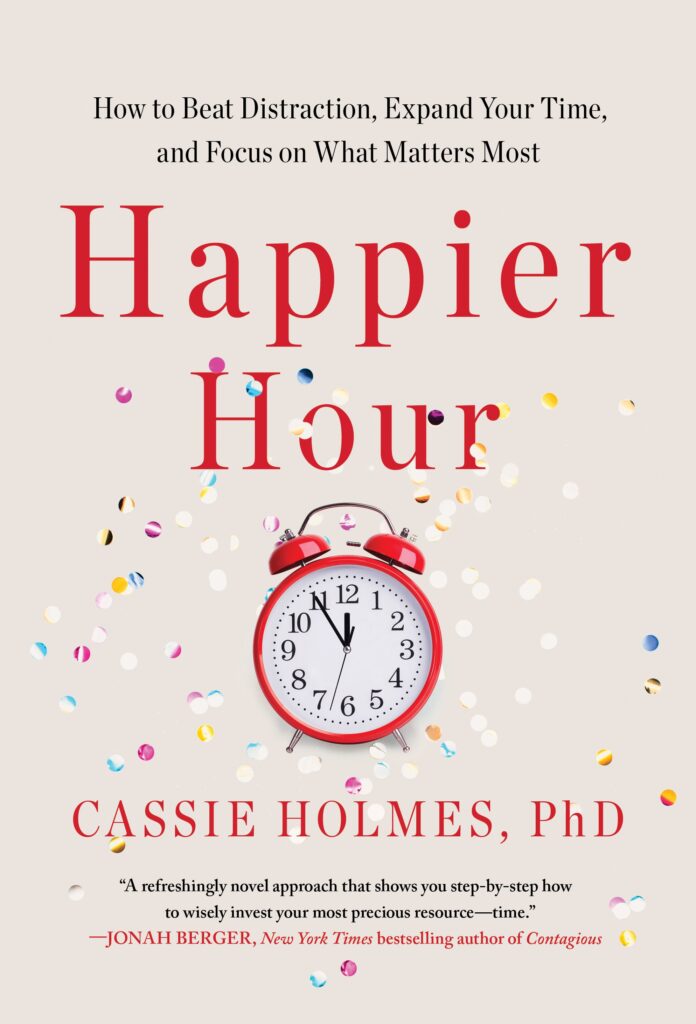
Happier Hour
Cassie Holmes
This book starts with a passage that I found achingly relatable, in which the author recounts sitting on a late-night train home from a seminar and contemplating quitting “everything.” She has a full-time job, a four-month-old, and a desire to excel at work, at parenting, at exercising, at remembering birthdays, and so on. There just aren’t enough hours is the starting point of the book.
Cassie Holmes is a psychologist, a professor at UCLA, and this book is based on her MBA class there. Unlike Roberts’s Wild Problems above, this is more of a how-to book, and grounded in data. It walks the reader through how to think about what we know about happiness and time allocation (e.g. what’s the ideal number of hours of free time?) and how to take a careful look at your life and see how to make your time work better.
As a final note: I do not want to give the impression that all my reading is heavy nonfiction books. Besides these, the last three books in my Kindle were Portrait of an Unknown Woman (Daniel Silva), The Boys (Katie Hafner), and People We Meet on Vacation (Emily Henry). I would highly recommend them all.
I’m out of books now!
Community Guidelines















